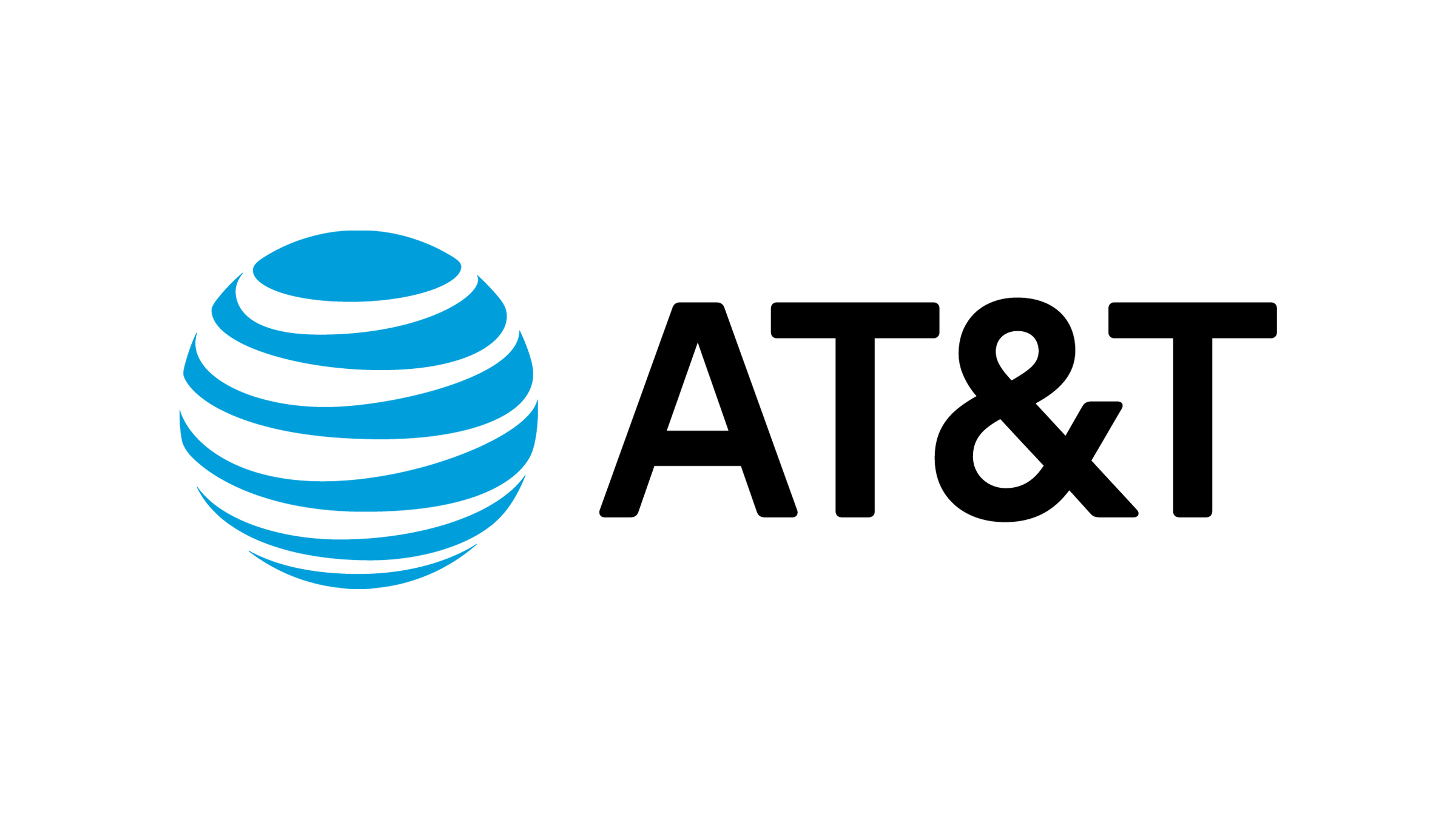AT&T to FCC: Transparency Should Be Table Stakes for Edge Providers
Said they have the real power over access to internet content

The smarter way to stay on top of the streaming and OTT industry. Sign up below.
You are now subscribed
Your newsletter sign-up was successful
AT&T is weighing in on the side of requiring greater transparency from online platforms and modifying Sec. 230, it plans to tell the FCC this week, according to a blog post from AT&T executive VP Joan Marsh.
AT&T's main point is that while ISPs have been the target of net neutrality debates, edge providers have the real power over things like "which search results to rank first, which products to promote, which news stories to feature, and which third parties they will deal with," so they should not get a free regulatory pass.
"Adopting an ISP-only 'neutrality' regime is as backwards looking as it is mistargeted. It would be akin to landing the plane, but on the wrong day, at the wrong gate, and in the wrong airport," said Marsh.
Related: FCC Puts Trump Edge Reg Petition Out for Comment
AT&T will be making its points in comments to the FCC on the Trump Administration's petition (via the National Telecommunications & Information Administration) that the FCC, among other things, enforce transparency about how online platforms make their decisions.
President Trump, in an executive order, ordered NTIA to petition the FCC to clarify the circumstances under which social media platforms can be regulated over their treatment of third-party content given that general legal immunity.
The President appeared to be doing so in part prompted by Twitter's flagging of his tweets on mail-in ballots and protesters, as well as a general assertion by the President that edge providers censor conservative content.
The smarter way to stay on top of the streaming and OTT industry. Sign up below.
In its comments to the FCC being filed Wednesday, according to Marsh, AT&T will say it is joining the chorus of voices "concluding that online platforms should be more accountable for, and more transparent about, the decisions they control that fundamentally shape how we communicate, learn, shop, and are informed and entertained."
Related: FCC's Carr Backs Appropriately Scaled Social Media Regs
Certainly there has been concern expressed on both sides of the aisle about how social media sites treat political speech and user data, among other things, but just what to do about it, and whether it is Congress or the FCC or the Federal Trade Commission or all of them that should be doing it is a point of some debate.
While Sec. 230 was meant to insulate emerging companies from risks they could face as a publisher, said Marsh, Congress could not foresee it would be used as a shield not only from frivolous lawsuits, but "from what many consider to be everyday responsibilities."
She said the decisions internet giants like Facebook, Amazon, and Google make shape "virtually every aspect of America’s economic, social and political life." AT&T will tell the FCC that transparency about those decisions should be table stakes for those edge giants, as it has been for ISPs like AT&T.
Marsh said Sec. 230 immunity should be "modified" to reduce the disparate legal treatment between the dominant online purveyors of third-party content, and traditional ones like those in the TV, radio or print businesses. "There is no longer any reason that the nation’s most powerful online platforms should enjoy legal immunities unavailable to similarly-situated traditional companies," it said.
She added that as the net neutrality debate continues, the Sec. 230 debate should remind everyone about which companies have the actual power to control access to content, websites and e-services.
Contributing editor John Eggerton has been an editor and/or writer on media regulation, legislation and policy for over four decades, including covering the FCC, FTC, Congress, the major media trade associations, and the federal courts. In addition to Multichannel News and Broadcasting + Cable, his work has appeared in Radio World, TV Technology, TV Fax, This Week in Consumer Electronics, Variety and the Encyclopedia Britannica.

